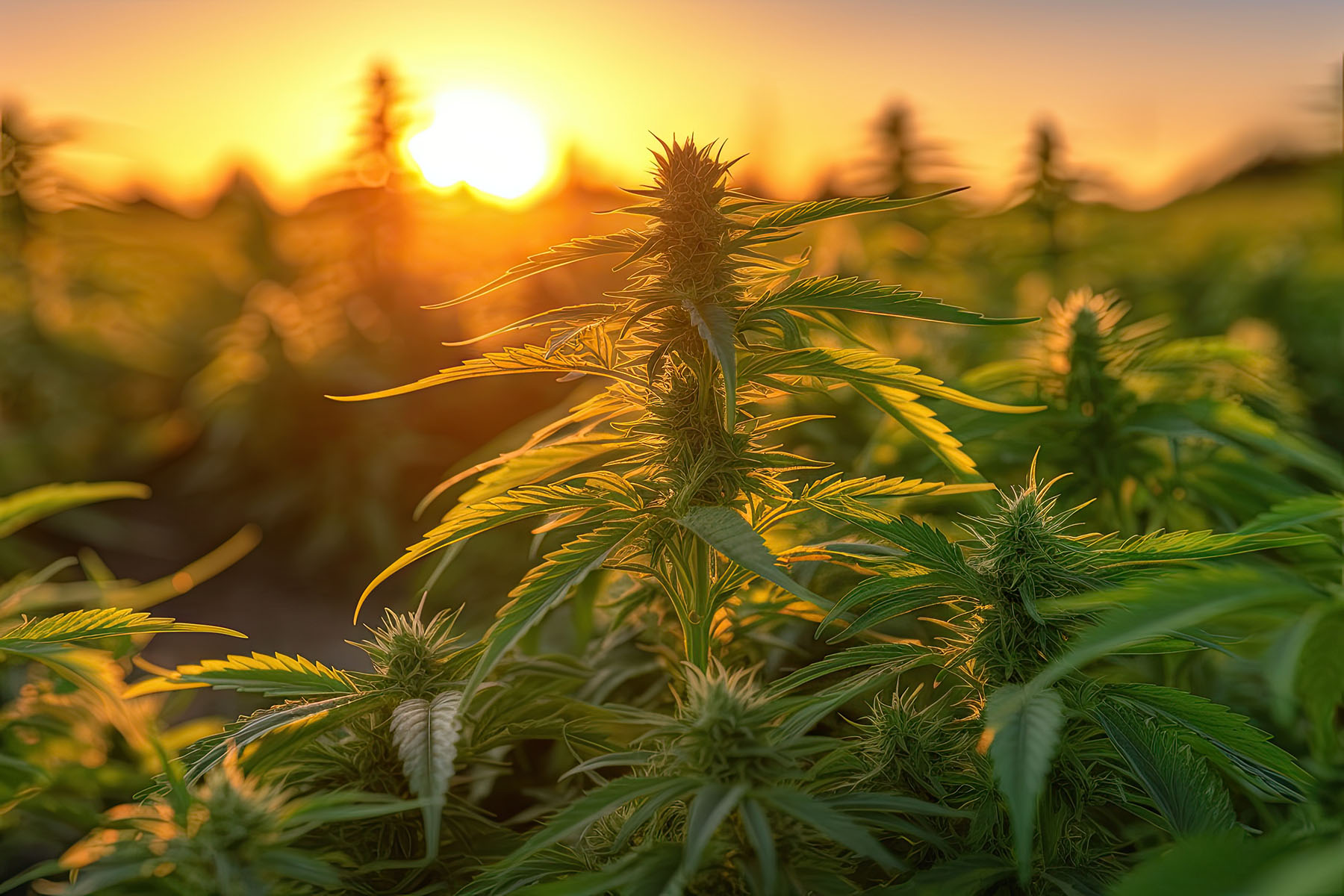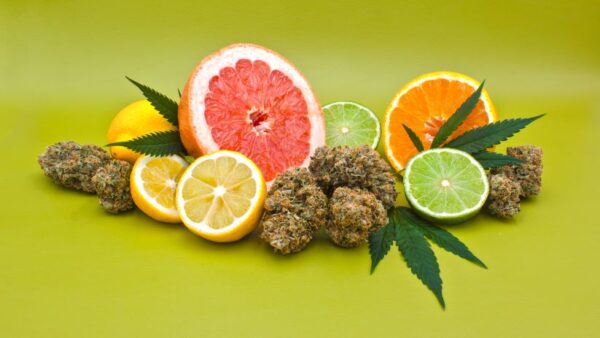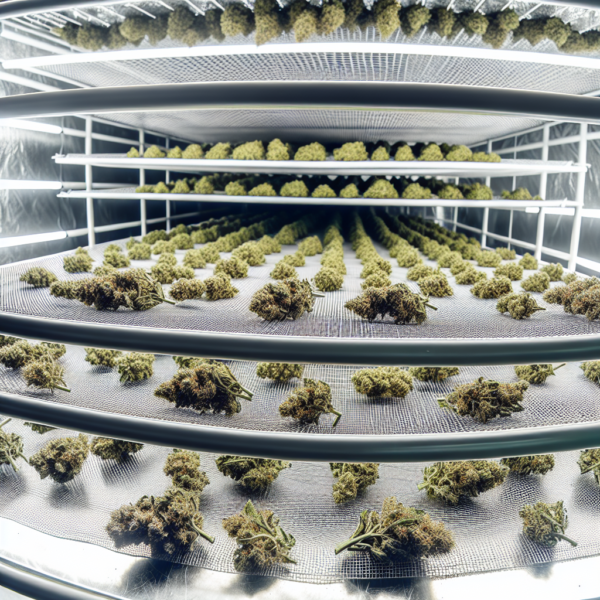Cannabis Cultivation and the Environment
The environmental impact of cannabis cultivation has become a growing concern as legalization spreads and demand increases. While the cannabis industry has brought economic opportunities and medical benefits, it also presents real ecological challenges. From energy consumption to waste generation, the way cannabis is grown and processed can significantly affect surrounding ecosystems. As the industry evolves, so too must its approach to sustainability.
The Hidden Costs of Cannabis Cultivation
High Energy Consumption
One of the most pressing issues associated with cannabis cultivation—especially indoor growing—is its massive energy footprint. Indoor operations rely heavily on artificial lighting, air conditioning, and dehumidifiers, creating significant electricity demands. According to some estimates, indoor grows can consume as much as 2,000 watts per square meter, often outpacing the energy use of traditional agricultural operations.
Intensive Water Use
Cannabis plants are notoriously thirsty. In water-stressed regions, this can put serious strain on local resources. Without proper irrigation systems, runoff can also carry pesticides and nutrients into nearby waterways, affecting aquatic life and downstream users. Outdoor grows that rely on diverted streams or wells further exacerbate regional water shortages.
Chemical Use and Runoff
Pesticides, fungicides, and synthetic fertilizers are often used to maximize yield and protect crops. However, improper or excessive application can lead to chemical runoff that pollutes soil, groundwater, and rivers. These substances may harm local wildlife, including insects, amphibians, and fish, and can disrupt delicate ecosystems.
Cannabis Waste and Packaging
The cannabis supply chain generates a surprising amount of waste. In addition to biomass waste like stems and leaves, strict packaging regulations often result in excessive use of plastic and non-recyclable materials. Improper disposal of contaminated soil, chemicals, and growing media also adds to the industry’s environmental toll.
Embracing Sustainable Cultivation Practices
Reducing Energy Consumption
Growers can adopt LED lighting systems and invest in smart HVAC and dehumidification technologies to reduce energy use. Leveraging natural light through greenhouse cultivation or combining indoor grow spaces with renewable energy sources such as solar or wind power can significantly cut down on carbon emissions.
Smarter Water Use
Efficient irrigation systems—such as drip irrigation—can dramatically reduce water waste. Collecting rainwater or using graywater systems helps offset demand on local water supplies. Selecting drought-resistant strains also contributes to a more sustainable water footprint.
Organic and Regenerative Farming
Organic cultivation avoids harmful pesticides and synthetic fertilizers, instead relying on compost teas, cover cropping, and natural pest control methods. Regenerative practices go even further, restoring soil health and enhancing biodiversity by mimicking natural ecosystems rather than disrupting them.
Responsible Waste Management
Cultivators can implement composting systems to reuse plant material and recycle plastic containers, grow bags, and other inputs. Partnering with local recycling programs and using biodegradable packaging helps reduce long-term environmental impact. Proper disposal protocols for chemicals and contaminated materials are also critical.
Outdoor vs. Indoor: A Sustainability Debate
The Case for Outdoor Grows
Outdoor cultivation uses sunlight, natural ventilation, and rainwater—dramatically reducing energy costs and emissions. When managed responsibly, these grows leave a smaller environmental footprint. However, they also face challenges such as pest exposure, limited growing seasons, and higher vulnerability to theft or weather damage.
The Indoor Trade-Off
While indoor grows offer year-round control, higher yields, and security, they remain resource-intensive. That said, combining indoor cultivation with solar energy, water-efficient systems, and sustainable growing media can help balance the scales. Hybrid greenhouse models may offer the best of both worlds, blending natural inputs with controlled environments.
Sustainability Certifications in Cannabis
As consumers grow more eco-conscious, certifications help identify producers committed to environmentally sound practices.
-
Sun+Earth Certified: Focuses on regenerative, organic, and community-centered growing.
-
Certified Kind: Recognizes organic practices in cannabis cultivation, including strict guidelines for inputs and labor practices.
-
Clean Green Certified: Modeled after USDA organic standards, this certification also addresses energy use and waste management.
Choosing cannabis products from certified growers encourages environmental responsibility across the supply chain.
Government Regulations and Incentives
Regulatory Oversight
State and local governments can play a significant role in minimizing the environmental impact of cannabis cultivation. Requiring energy-use reporting, mandating water usage limits, and banning certain pesticides are all tools regulators can employ. In some areas, building codes now include energy efficiency benchmarks specifically for indoor cannabis facilities.
Incentives for Sustainability
Some jurisdictions offer tax breaks, grant programs, or utility rebates for cultivators who invest in solar panels, LED lighting, or water-saving technologies. These incentives not only reduce environmental harm—they also create long-term cost savings for growers.
Industry Responsibility and Consumer Choice
The path to sustainability isn’t solely the responsibility of regulators. Growers, manufacturers, retailers, and consumers all play a role. Cultivators must prioritize eco-friendly methods, brands should minimize packaging waste, and consumers can support ethical businesses by choosing sustainably grown cannabis.
Education is key. As awareness spreads about the environmental impact of cannabis cultivation, the pressure to implement sustainable solutions increases. Transparency in sourcing and clear labeling around sustainability practices will be essential in creating a more responsible cannabis industry.
Final Thoughts
The environmental impact of cannabis cultivation cannot be ignored as the industry grows. By embracing sustainable practices—like efficient energy use, responsible water management, and organic farming—growers can reduce their footprint while still meeting demand. Policy support, innovation, and consumer awareness are all essential components in this transformation.
To explore more on cannabis health and lifestyle topics, check out Cannabis and Sleep: Benefits, Strains, and Precautions and stay informed on how cannabis intersects with wellness, science, and sustainability.







